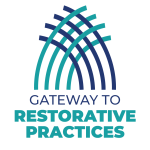Restorative Apologies, Beyond Just Saying, “Sorry.” Elementary or Secondary (Introductory) PARENTS

Do you know that insincere apologies can cause more harm than help? They are also ineffective in many situations. In this workshop, Restorative Apologies connects restorative questions with potential apologies. Rather than just saying, “I’m sorry,” which is often not genuine, educators learn how to help others make a full apology. Full apologies usually have […]
Beyond Saying Sorry: Using Restorative Apologies with Your Children (K-6th) or Teens (7th-12th Grades) (Intermediate)

Do you know that some apologies can cause more harm than help? Why are these types of apologies ineffective? In this workshop parents/caregivers will connect restorative questions with potential apologies. Rather than just saying, “I’m sorry,” which is often not genuine, parents/caregivers learn how to help their children make a full apology. Full apologies usually […]
Portrait of a Yard Supervisor Professional (Introductory)

Here’s a new workshop for our yard supervisors who work tirelessly with our elementary scholars. When parents and educators think of yard supervisors, they often think about recess. This workshop will include reasons why scholars need exercise, four key benefits of recess, and 10 supervision factors needed during recess. The yard supervisors will make recess […]
Coming 2024 The Ultimate Guide to Tier 2 Restorative Practice Strategies (Tier 2, Advanced)
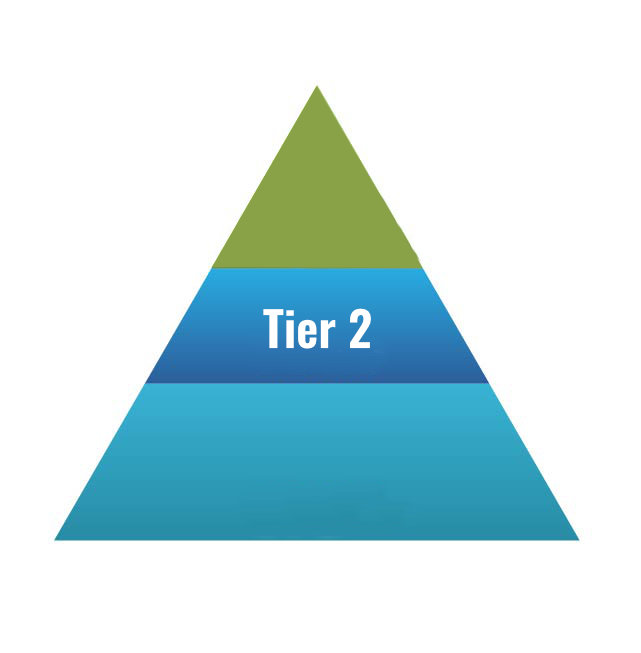
Many educators tell us, “I’ve tried countless Tier 1 strategies, but the behavior hasn’t changed. What can I do?” “Most Restorative Practices currently being used in schools are MTSS Tier I or Tier III, leaving a gap in Tier II.”4 In Tier 2 of the restorative approach MTSS pyramid, unresolved misbehaviors and managing challenging behaviors […]
Coming January 2025 Circles to Repair Relationships (Responsive, Tier 2, Advanced)

This is the second Tier 2, responsive circle workshop we’re offering. This circle process addresses the root cause of harm while promoting reflection and accountability to resolve conflict and harm.2 This circle can be used to repair relationships and harm, especially when the harm may require several sessions or ongoing support. Participants will identify ways […]
Peace Paths for Elementary Playgrounds (Introductory)
Peace Paths can be painted at cohort elementary school sites. Peace Path training is available for students and/or staff. Contact your site team consultant to request a peace path painted at your site and/or schedule training. Workshop Length: 45 minutes
Restorative Practices in Schools Overview (Introductory)

This is a perfect presentation for those new to restorative practices in schools. Zero tolerance and punishment that doesn’t work for many students has led to what’s now known as the school-to-prison pipeline. But there’s good news. Modesto City Schools District’s LCAP (Local Control Accountability Plan) has included Restorative Practices as one alternative to decrease […]
Restorative Apologies, Beyond Just Saying, “Sorry.” Elementary or Secondary (Introductory)

Do you know that insincere apologies can cause more harm than help? They are also ineffective in many situations. In this workshop, Restorative Apologies connects restorative questions with potential apologies. Rather than just saying, “I’m sorry,” which is often not genuine, scholars learn how to help other scholars make a full apology. Full apologies usually […]
Restorative Practices in Schools Overview (Introductory)

This is a perfect presentation for those new to restorative practices in schools. Zero tolerance and punishment that doesn’t work for many students has led to what’s now known as the school-to-prison pipeline. But there’s good news. Modesto City Schools District’s LCAP (Local Control Accountability Plan) has included Restorative Practices as one alternative to decrease […]
Integrating Mindfulness into Everyday Classroom Culture (Introductory)

Coming in January 2024 “In today’s rush we all think too much – seek too much – want too much – and forget about the joy of just being.” Eckhart Tolle Mindfulness is paying attention in a particular way. Participants will explore the benefits of mindfulness in the classroom, examine 7 mindfulness myths, learn how to […]
Self-Care for Educators (Intermediate)
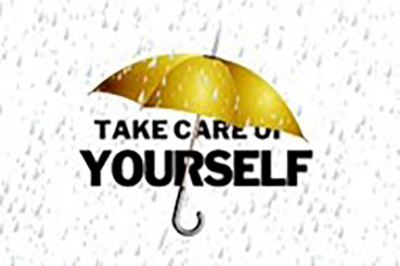
Are you tired after work, dreading the next day or sleep challenged? Learn the symptoms of burnout and take the Professional Quality of Life Scale (PROQOL) Survey. As educators we have direct contact with student & colleagues. Your compassion for others can affect you in positive and negative ways. Learn about self-care, how to avoid […]
The Restorative Secondary Teacher (Introductory)

How can a secondary teacher with five or six classes every day with over 200 students implement restorative practices? This introductory workshop is perfect for those new to the principles and practices of restorative practices. It is based on the acronym RESTORE: Reinstate, Re-establish, Return, Bring Back, Give Back. The basics of what the restorative […]
The Restorative Elementary Teacher (Introductory)
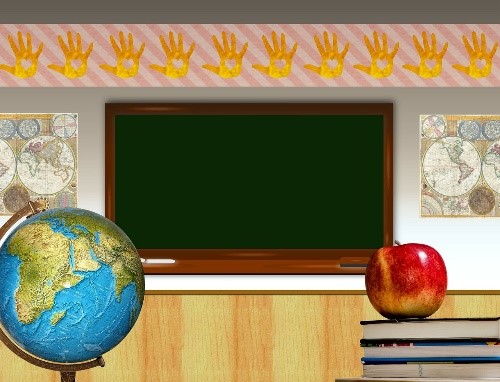
This introductory workshop is perfect for those new to the principles and practices of restorative practices. This workshop is from the perspective of the elementary student who describes eight strategies that the teacher uses to create a restorative classroom, such as my teacher is respectful when talking about feelings, my teacher apologies and encourages classmates […]
Trauma Awareness and Restorative Steps to Brain Regulation (Advanced)
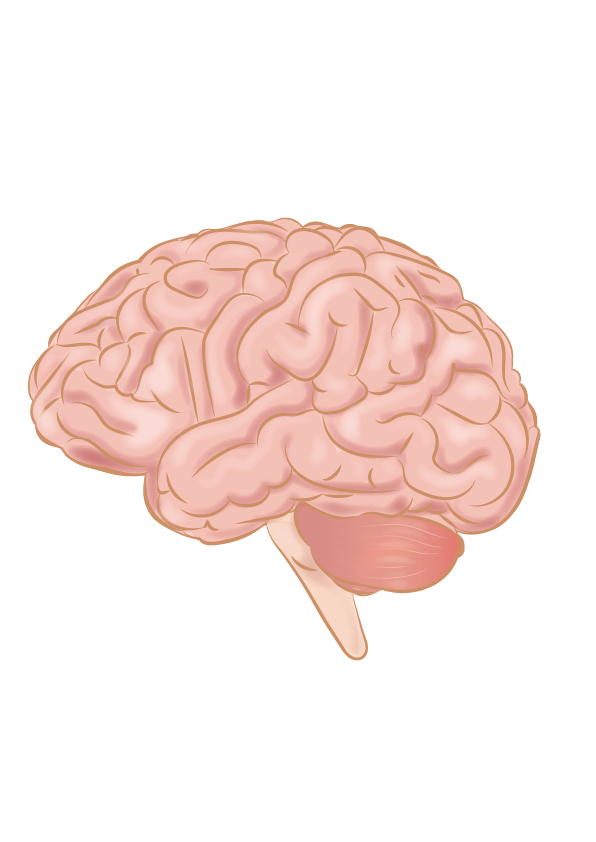
Participants will start the process of incorporating knowledge of trauma and brain changes to your curricular considerations. Spend time learning about trauma processes in the brain, learning and memory impact, and study about small adjustments in teaching that can have a big impact in the effectiveness of leading a class with students under intense stressors. […]
Special Needs & Restorative Practices (Advanced)

Special Education students are part of the school community, and they matter. Restorative practices in schools can improve and support the practices of special education teachers, staff, and school counselors. Exploring the RP intersection is Important for inclusion. Educators will begin looking at the RP basics that are required for a chance of success. Special […]
Restorative Practices, Social-Emotional Learning (SEL), and Mental Health (Advanced)

This workshop begins by introducing the five Social and Emotional Learning Core Competencies. Common Characteristics of Social-Emotional Learning (SEL) and RP provide the foundation of the workshop. Educators will look at how SEL Supports the Development of RP and vice versa. Participants will consider implementing SEL and RP together using schoolwide strategies. Educators will experience […]
Connecting with Disconnected Students (Intermediate)

Teachers are busier than ever. Yet more students arrive with challenging behaviors and are the ones who most need a caring adult. Educators spend so much time on students’ disruptive behaviors, little energy is left to reach them. This workshop features 8 to 12 strategies educators can use to take a few minutes here and […]
Today’s Disconnected Students (Intermediate)
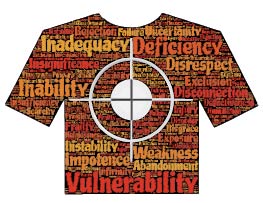
This workshop begins by “meeting” two disconnected students (often related to life events, trauma, and chronic stress) and the challenging behaviors that can arise in schools. A small group activity allows participants to explore the needs and benefits of adult-student relationships for students and for staff. The workshop includes discussion on reaching today’s disconnected students. […]
10 Strategies for De-escalating Students’ Behaviors (Introductory)

Do you work with students who are triggered by something, and their behaviors escalate quickly? Do you find yourself caught off guard and unsure of what to do? What are current methods for de-escalating students’ behaviors? This workshop offers 10 effective strategies to help de-escalate students’ behaviors whether in the classroom or outside the classroom. […]
Peace Paths for Elementary Playgrounds (Introductory)
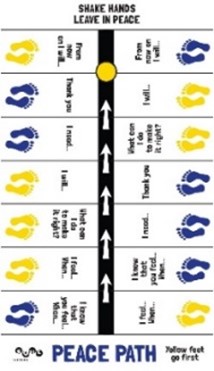
Peace Paths can be painted at cohort elementary school sites. Peace Path training is available for students and/or staff. Contact your site team consultant to request a peace path painted at your site and/or schedule training. Workshop Length: 45 minutes
More Effective Guidance Techniques (Intermediate)

Many staff who work with students are frustrated with discipline challenges. This workshop begins by answering two questions that will improve guidance and decrease frustration. What doesn’t work or is inappropriate when guiding children or teens? After reviewing the Seven Guidance Techniques, educators will learn three more effective guidance techniques: ignoring, offering choices, and natural […]
Introduction to Restorative Peer Leaders (Pilot Program)
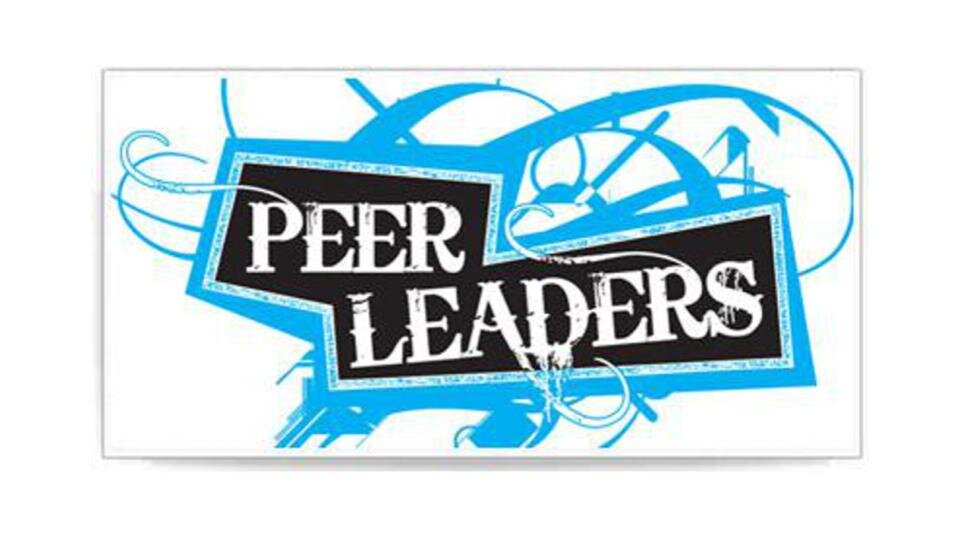
Introduction to Restorative Questions: Elementary or Secondary

Using restorative questions is a foundational skill for students who are working with other students experiencing conflict. A pair share activity introduces scholars to daily student conflict situations where they can use restorative questions. A role play demonstration depicts how the questions are asked first with the person who harmed, followed by questions for the […]
Restorative Practices and the Home School Connection: Secondary (Introductory)

This workshop introduces parents/caregivers to changes in school discipline at their students’ school site. Parents/caregivers will learn why punishment doesn’t work for many students and how changing our questions about adolescents’ misbehavior shifts from breaking rules to repairing relationships. Parents/caregivers will role play restorative questions that are used at school and can easily be used […]
Restorative Practices and the Home School Connection: Elementary (Introductory)

Have you heard about the school-to-prison pipeline? Are you concerned with the number of students suspended from schools? This workshop begins by addressing school discipline concerns and explains why punishment doesn’t work. The school discipline change features a shift from rules and punishment to relationships and restorative approaches. Parents/caregivers will role play restorative questions that […]
Helping Children (and Teens) Change Their Behavior (Intermediate): Using the Social Engagement Window

Restorative practices are based on the fundamental belief that our children (or teens) are the happiest, healthiest and most likely to make positive changes in their behavior when parents/caregivers do things with them rather than to them or for them. [iirp.edu]Based on the social engagement window, parents/caregivers will discover where their discipline style lies on […]
Restorative Parenting: Building Stronger Relationships with Your Children or Teens (Introductory)

Your student’s school is using Restorative Practices as an alternative to punitive discipline. How can you use these strategies at home? Parents/caregivers will understand the basics of Restorative Practices and how and why to incorporate them into their parenting. Through practice and discussion, parents and caregivers will learn skills through a Restorative Practices lens. These […]
Dodging the Power-Struggle Trap for Parents/Caregivers (Introductory)

Does this sound familiar? You ask your child or teen to do something, and it ends with opposition, aggression, or apathy to your request? Power struggles typically do not end well. They create distance and hostility instead of closeness and trust. Where do power struggles come from and what are our kids/teens trying to achieve? […]
Problem-Solving Circles (Responsive, Tier 2, Intermediate)

The culminating workshop in the circle’s series will use problem-solving circles for participants to address any problems or challenges they experienced in using circles in their classrooms by participating in a fishbowl problem solving circle. When something negative happens, such as something being destroyed, students being unkind to one another, students talking during instruction, etc., […]
Academic Content Circles: Elementary or Secondary (Proactive, Tier 1, Introductory)

School faculty and staff regularly cite “lack of time” as a significant hurdle to implementation of circles amid high levels of demand in their positions. Learning circles utilize the structure and benefits of the circle format to convey and review classroom content. The workshop begins with purposes, benefits, and outcomes of content circles. Educators will […]
Decision-Making Circles (Proactive, Tier 1, Intermediate)

Building upon, Introducing Restorative Circles: The Basics, this workshop continues developing circle skills through teaching circle formats for decision-making circles. Purposes, prompts for students, and follow-up prompts for decision-making circles provide the foundation of this workshop. Educators will create a respect agreement using decision-making circles. Basic Tips for Working with Difficult Dynamics are included. Educators […]
Building Community Using Circles and Social Justice Picture Books (K-3rd grades) (Proactive, Tier 1, Intermediate)

Learn how your elementary students can connect. Using the restorative practices framework, educators can develop safe, supportive spaces in schools by creating community-building circles around picture books. This workshop for K-3rd grade educators begins with an overview of restorative practices in education, circle guidelines, community building circles basics, and connections to CASEL’s social-emotional standards. Using […]
Community Building Circles (Proactive, Tier 1, Introductory)
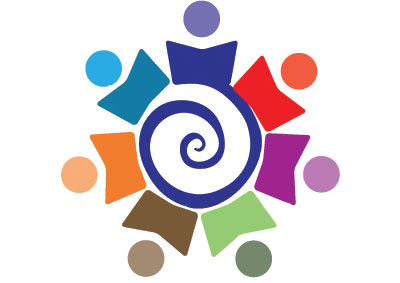
Teachers don’t have behavior management challenges; they have community relationship problems. The foundation of restorative practices is to proactively build relationships with students so that they can restore relationships by repairing harm when there are challenging behaviors. “We feel connected to other people when we sense that they see us, know us, and care about […]
Introduction to Restorative Circles: The Basics (Proactive, Tier 1, Introductory)

Whether building community culture, restoring relationship after harm, or delivering content, Restorative Circles are a fundamental tool used in the restorative process. A key principle in Restorative Practices is having a school community and environment to which students want to be restored. Restorative Circles are a well-known method used to build school culture, address harm […]
7 Effective Guidance Techniques for Yard Supervisors or Campus Supervisors (Introductory)

This workshop engages educators in simple yet powerful strategies to guide students’ behavior. Guides include using a confident voice, redirection, positive language, avoiding methods that lead to loss of respect, defining limits and maintaining consistency, reinforcing directions, and being alert to the total situation. After each guide is presented, educators “practice” what they learned. This […]
Elementary or Secondary: Dodging the Power-Struggle Trap: 10 Restorative De-escalation Strategies (Introductory)

Elementary or Secondary Are you relieved when certain students are absent? Do you have students who “push your buttons”? Do you find yourself butting heads with the same students day-after-day? How do students “trap” educators in power struggles? Learn specific strategies to respond to challenging behavior in ways that are intended to prevent escalation and […]
The Social Engagement Window for Educators (Introductory)
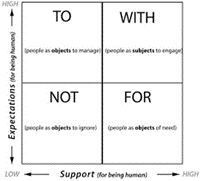
“The fundamental hypothesis of restorative practices is that students are the happiest, healthiest and most likely to make positive changes in their behavior when teachers do things with them rather than to them or for them.” iirp.edu Educators will determine their teaching style as they learn about the four quadrants of the Social Engagement Window: […]
Restorative Apologies, Beyond Just Saying, “Sorry.” Elementary or Secondary (Introductory)

Do you know that insincere apologies can cause more harm than help? They are also ineffective in many situations. In this workshop, Restorative Apologies connects restorative questions with potential apologies. Rather than just saying, “I’m sorry,” which is often not genuine, educators learn how to help others make a full apology. Full apologies usually have […]
Fine Tuning the Nuances of Restorative Questions (Intermediate)

You know the restorative questions. You use them with students and staff. But sometimes they feel awkward while at other times you get stuck. Is there anything else you can do? This workshop, Fine Tuning the Nuances of Restorative Questions, helps educators introduce restorative questions to students, effectively deal with students’ interruptions, use a conversational […]
The Power of Affective Statements Elementary or Secondary (Introductory)

This workshop introduces the most informal restorative response and the easiest tool for building restorative relationships. Affective statements are responses to others’ negative or positive behaviors. Educators learn the purposes of affective statements; ten characteristics of high-quality affective statements; and how to construct affective statements. Practicing the statements will provide educators with a jump-start and […]
Changing Lenses: The Power of Restorative Practices (Introductory)
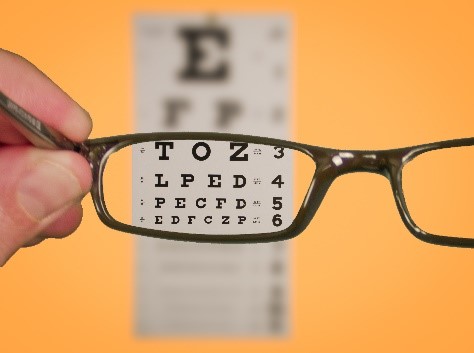
This workshop is based on change. Changing our lenses on how we view students, school discipline policies, and the power of restorative practices to change lives. This is the perfect workshop for presenting the big picture of restorative practices. Educators will examine school discipline policies that lead to the school-to-prison pipeline, the paradigm shift, restorative […]
Restorative Practices in Schools Overview

This is a perfect presentation for those new to restorative practices in schools. Zero tolerance and punishment that doesn’t work for many students has led to what’s now known as the school-to-prison pipeline. But there’s good news. Modesto City Schools District’s LCAP (Local Control Accountability Plan) has included Restorative Practices as one alternative to decrease […]
RP 201: From ACEs to PACEs -Building Restorative Relationships

“Restorative practices, at their best, are part of a school culture that prioritizes culturally sustaining pedagogy and authentic relationship building — connections that allow for trust, openness and inclusive spaces.” Cory Collins, 2021 Many students come to school disconnected, lonely, isolated, and/or burdened by the effects of trauma and loss affecting their health, learning, and […]
RP 101: Introduction to Restorative Practices
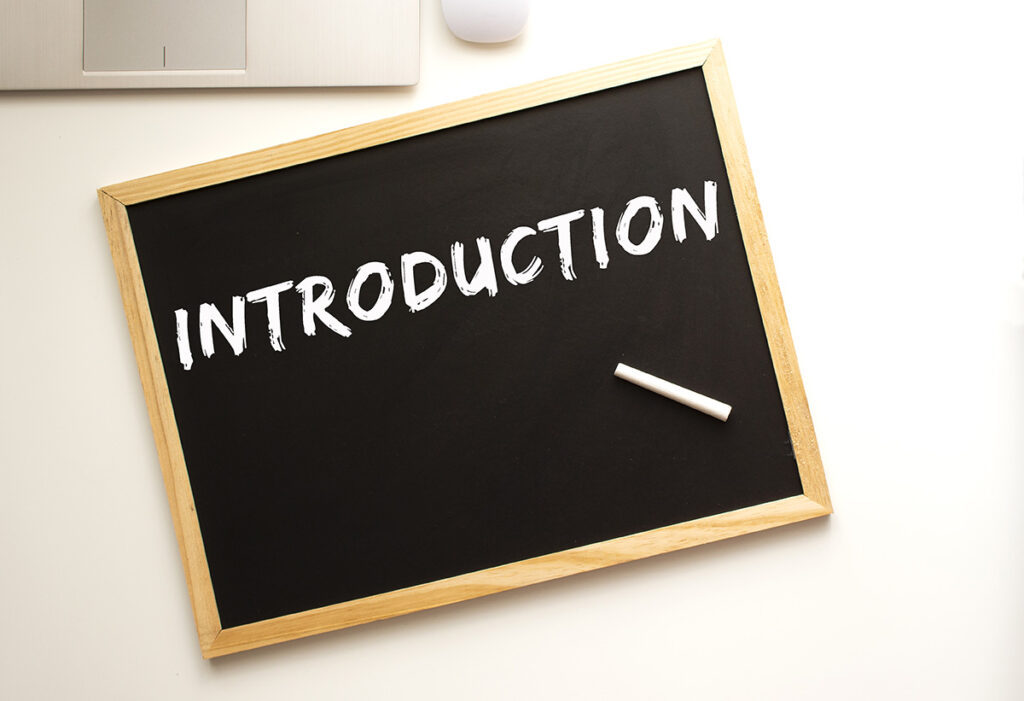
“Restorative practices is an emerging field of study that enables people to restore and build community in an increasingly disconnected world.” iirp.org Administrators, certificated and classified staff in Modesto City Schools are all encouraged to attend one of two six-hour seminars typically held on a Saturday from 8:30 am to 3:30 pm. RP 101: Introduction […]
